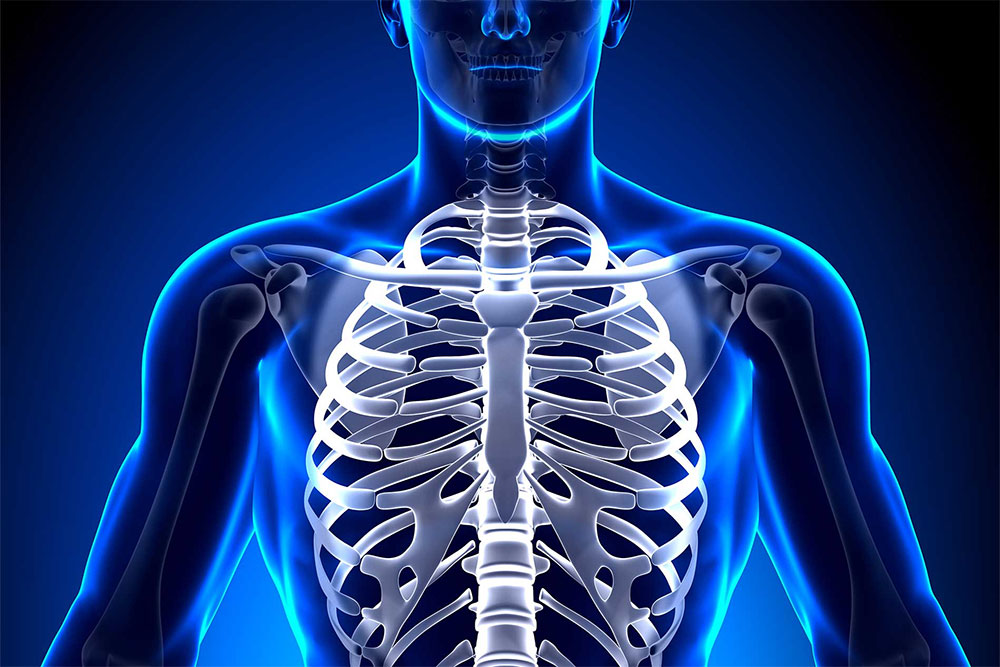A modern lifestyle associated with prolonged sitting, inactivity and stress often causes problems with the spine and joints. To treat such problems, there is a specialist doctor – a vertebrologist. In this article, we will analyze what a vertebrologist treats, what diseases are included in his specialization and when to seek his help.
Who is a vertebrologist?
A vertebrologist is a doctor specializing in the diagnosis and treatment of diseases of the spine and musculoskeletal system. His main task is to identify and treat pathologies associated with the spine, nerve endings and adjacent muscles. Unlike orthopedists and neurologists, vertebrologists have a narrow specialization in the spine and its functions.
Features of the vertebrologist’s work:
- A comprehensive approach to diagnostics, including MRI, X-ray and ultrasound.
- The use of not only drug treatment, but also physiotherapy, manual therapy and massage.
- Individual selection of rehabilitation and prevention programs.
What diseases does a vertebrologist treat?
A vertebrologist treats a wide range of diseases associated with the spine and musculoskeletal system. The main problems this specialist works with:
- Osteochondrosis is one of the most common diseases, manifested by back pain and limited mobility.
- Herniated and protruding intervertebral discs – cause pain and pressure on nerve endings, which can lead to numbness of the limbs and other symptoms.
- Scoliosis and other curvatures of the spine – can cause asymmetry and stress on muscles and internal organs.
- Spondylosis is an age-related disease characterized by the proliferation of bone tissue around the vertebrae.
- Sciatica is an inflammation of the nerve roots, which leads to severe pain and decreased sensitivity.
- Myofascial pain and spasms – often occur due to static load and stress.
- Spinal stenosis is a narrowing of the spinal canal, which can lead to compression nerve roots.
The list of diseases that a vertebrologist works with also includes other pathologies that affect the health of the spine and nervous system.
When should you see a vertebrologist?
Problems with the spine may not always manifest themselves immediately, and at the initial stages, the symptoms may be mild. However, there are signs that indicate that it is better to see a vertebrologist as soon as possible:
- Constant pain in the back and neck. If the pain recurrs, intensifies, or becomes chronic, a visit to a vertebrologist is necessary.
- Numbness of the limbs or loss of sensitivity. These symptoms may indicate pinched nerve roots.
- Limited mobility. Difficulty bending, turning the neck or other parts of the body may indicate problems with the spine.
- Frequent headaches. Cervical osteochondrosis, for example, often causes headaches and even dizziness.
- A feeling of heaviness and fatigue in the back. If this condition persists for a long time, you should contact a specialist.
Recommendations before visiting a vertebrologist:
- Prepare information about your symptoms: when they began to appear, how often and under what conditions.
- Bring the results of previous examinations (if any) to the appointment so that the doctor can see the medical history.
- Be prepared for a comprehensive examination, which may include various types of diagnostics to make an accurate diagnosis.
A vertebrologist is a specialist who deals with the treatment and prevention of diseases of the spine and nervous system. You should contact him in case of any back pain, mobility problems or discomfort in the spine. Timely assistance from a vertebrologist can significantly improve the quality of life and prevent the development of chronic diseases.




